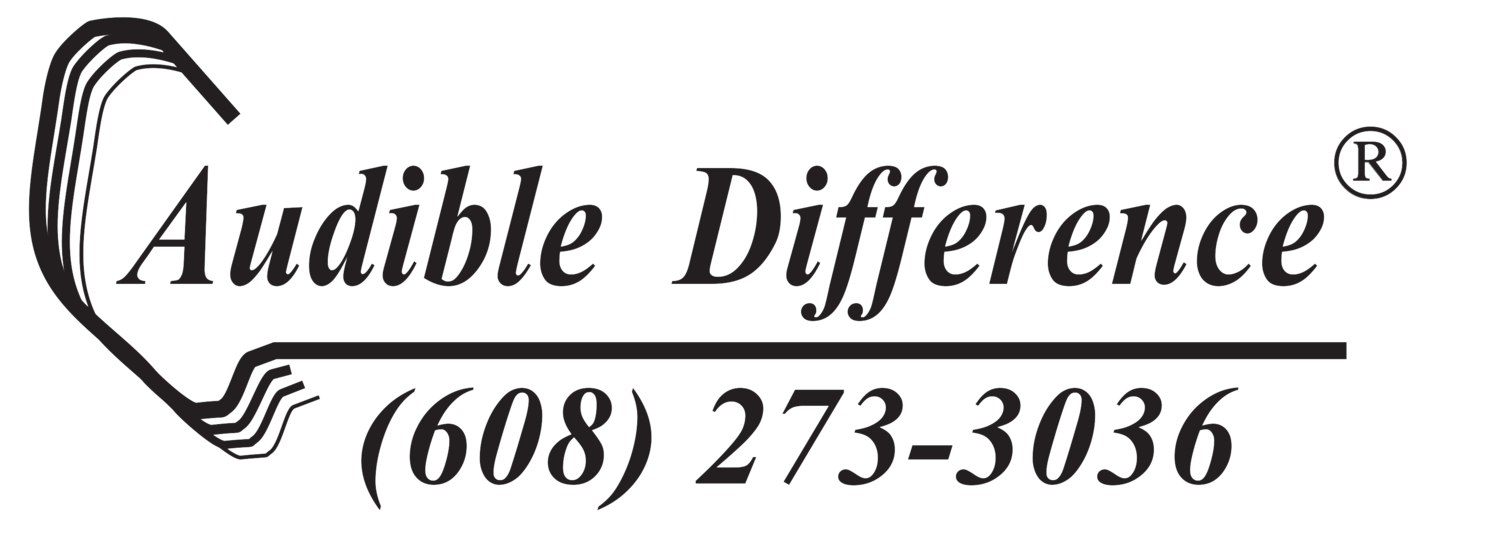
Hearing Aid Selection and Fitting
Hearing Aid Selection
Selecting the right hearing aid for you is important. You want the best value for your dollar. You want something that works.
At Audible Difference, Dr. Veronica Heide works with you to achieve the best outcome possible for your specific hearing abilities. Through careful initial assessment and diagnostic testing she will make a recommendation based on your needs including hearing, size of the instruments, performance, and price.
Factors to consider when purchasing hearing instruments:
Vision
Dexterity
Use of the telephone – landline or cellphone
Assistive listening device compatibility – Hearing loop compatible
Volume control vs. Automatic
Battery life – rechargeable vs. regular batteries
Hearing Aid Fitting
We adhere to the American Academy of Audiology Best Practice Guidelines for hearing aid fitting. These practices include verification and validation measurements of the hearing instrument fitting. Real ear measurements and patient questionnaires are used to verify the outcome of the fitting.
Audioscan Verifit
Probe Mic Measurement
Speechmap
Professional Follow-up and Care
Once hearing aids have been fitted, you will be seen for follow-up visits to check the following:
Time for Lessons and Questions - Are you comfortable with the basics of insertion and removal, changing batteries or using your charger? Do you know how to clean and maintain the hearing aids? How to perform basic troubleshooting?
Physical Fit - Do the instruments physically fit properly?
Hearing instrument programming – Is the programming meeting your needs? Soft sounds should be audible, normal speech comfortable, and loud sounds should sound loud, but not uncomfortable.
Hearing Instrument Verification - Are the hearing instruments meeting your prescriptive targets for speech? These objective measurements of performance using the Audioscan Verifit help us understand how the hearing instruments are working for you and how they may need to be adjusted.
Adult Aural Habilitation is an essential component of your success. Individual self-paced learning programs such as LACE, group aural habilitation sessions, and providing information about consumer support groups such as HLAA are all part of making sure that you get the maximum out of your hearing instruments. We love seeing you succeed.
Continued follow-up and care every 6 months or as needed.






